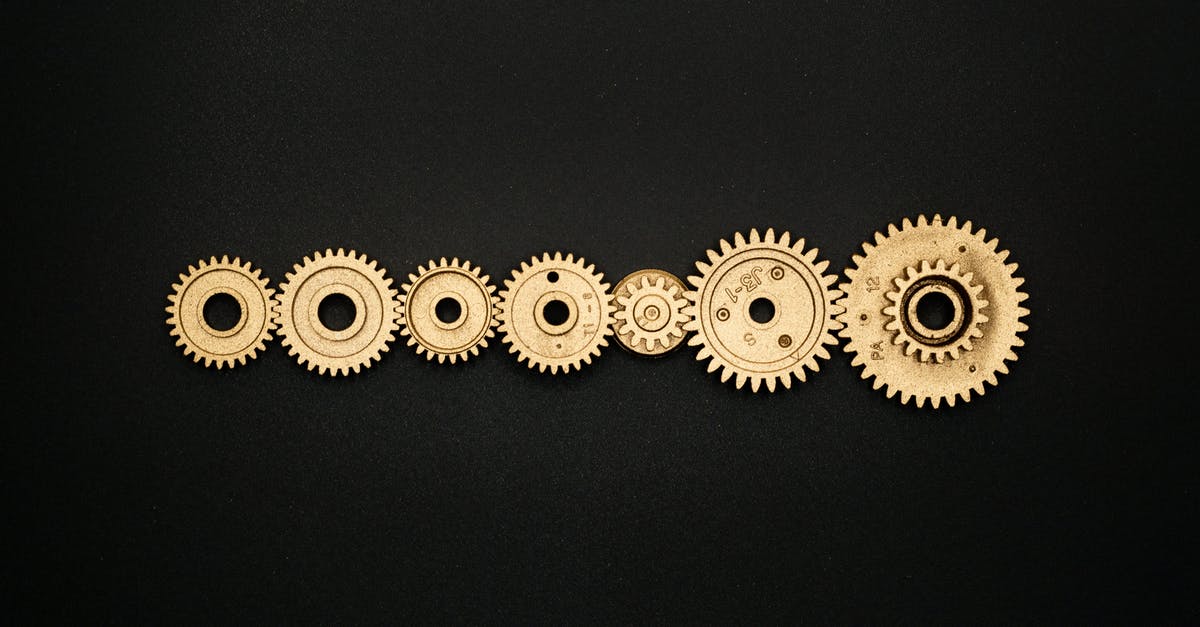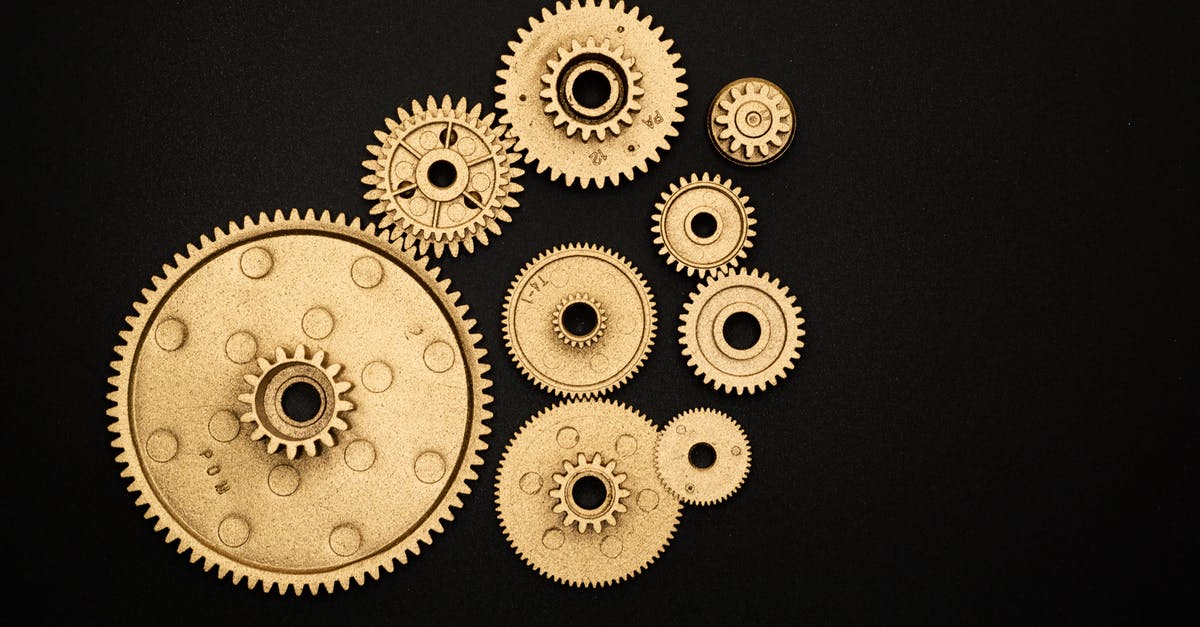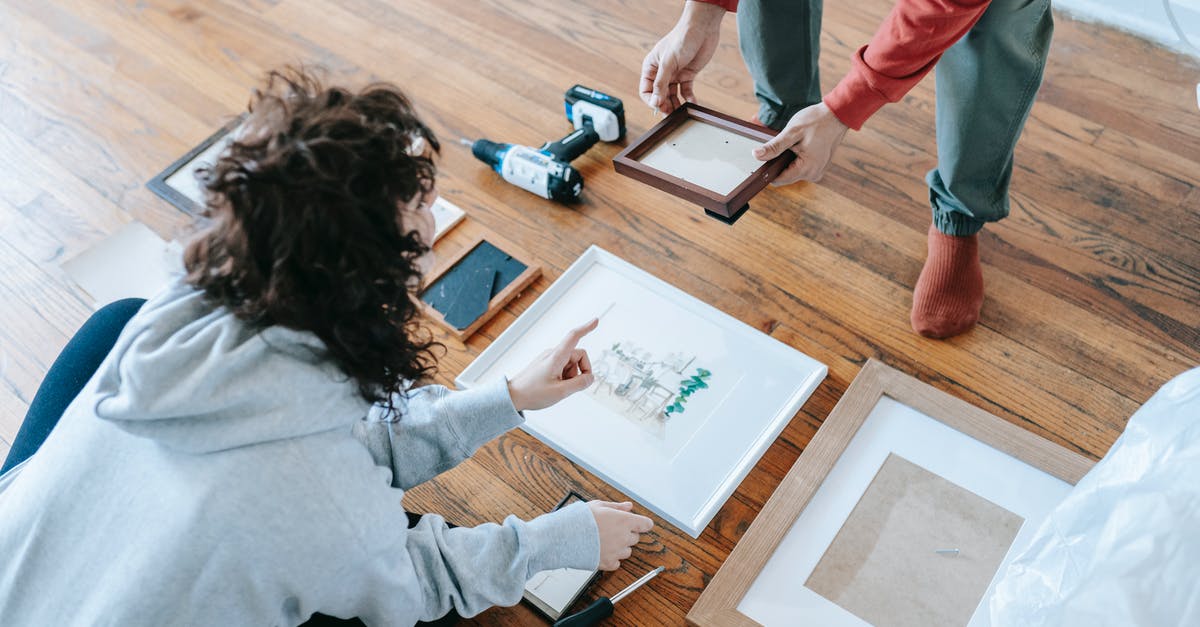Yogurt not turning out since relocation

When I started making Greek yogurt, I lived in western Washington state and never, ever had an issue. Now that I've relocated to SoCal for work, every batch of my yogurt turns out awful (barely any effect from the starter, just runny) and I am making it the exact same way with the same materials. It's not been hot here so I can't figure out what the difference is. The climate here is definitely different than in Washington state.
Has anyone else had or heard of such a thing?
Method:
My yogurt making process is to heat the milk to 180, heat water for the cooler, bring temps of milk and water in cooler back down to about 115, then let the jars sit for 6 hours in cooler, then 6 hours in fridge and drain.
I am using the same brand of store bought starter (Fage Greek yogurt). Everything is the same except the pot I'm heating the milk in. I used to have a non-stick Calphalon pot I'd use, but now I use a stainless steel Calphalon pot. I have always done 6 hours at least in the cooler and never had an issue. This past time I let it go longer as I like to let it sit in the cooler overnight, but it still failed. I have not tried checking the temp of the water at the end of the procedure.
The tap water is incredibly harsh here (smells like chlorine even after being filtered so I buy water to drink) and leaves white residue behind on dishes after going through the dish washer. I boil my jars in this water but have never noticed the residue. Could the water be part of the problem?
Best Answer
Harsh tap water could definitely cause problems. It doesn't take much chlorine to kill bacteria- that's why we use it, of course. An easy experiment is would be to rinse your jars in filtered water after washing them in your chlorinated water.
Another likely culprit is the new source of your starter. From what I was able to find, Fage yogurt is imported from Greece. There is going to be a lot of variability in its freshness shipping to different states and stores in the US. The cultures in Yogurt, even refrigerated, will eventually consume the available lactose and die.
You should try using some other brand as a starter- preferably something produced closer to you so you can have more confidence that it is still viable.
You should also double check your thermometer. If your thermometer was made somehow inaccurate after the move- if your milk doesn't cool below 130F your starter will die. If your milk cools to below 100F or so you starter will be too slow.
Additional Notes
The change in pan is certainly not the problem. Stainless steel will work just fine for yogurt making.
The climate shouldn't make that big of a difference. The relative humidity won't matter as the whole thing is liquid. The local bacteria shouldn't play a major role if your equipment is clean (and you'd notice spoiled milk if competition was a problem.) Altitude wouldn't even matter very much as it would affect boiling temps but not incubation rates AFAIK.
In your process, you mention that you bring your milk to 180 and then immediately cool it. This won't affect your incubation and so I don't think it's your problem but the description, as written, is inadequate. It takes time at a certain temperature for the change in the proteins to happen. See my other answer. The short story is, at only 180F you have to hold the milk at that temperature for 30 minutes to see the intended benefit.
** EDIT **
You added the comment above that the milk didn't change and was like you had just warmed it.
This means that your bacteria were entirely inactive.
Chlorine residue on the bottles might inhibit some bacteria growth but I wouldn't expect it to be able to completely stop it. Likewise, if your thermometer was off and your mix was too cool the bacteria would still do something, just slower.
Your bacteria was dead. It's possible the milk was too hot when you mixed in the starter and killed it but in my experience it's more likely that you had a bad starter.
Pictures about "Yogurt not turning out since relocation"



Why did my yogurt not turn out?
This can be due to a few issues: 1) poorly cleaned jars and utensils, 2) very old milk that wasn't properly heated and then cooled down prior to culturing, 3) a compromised starter culture. Discard the yogurt, and start fresh with a new starter and clean materials.Why is my yogurt not thickening?
Yogurt usually will not thicken until cooled, especially non-dairy yogurt. In some cases, thickening can take up to 24 hours. Even if the yogurt is thin, it is still a cultured food and may be consumed (it's great for whipping up smoothies!)Why is my homemade yogurt not sour?
Why is my yogurt too sour or not sour enough? A. Culturing temperatures on the higher end of the range and longer culture times will yield a more sour flavored yogurt. To achieve a less sour flavor, culture at the lower end of the range or for a shorter period of time.Making yogurt 03 - yet another failure
Sources: Stack Exchange - This article follows the attribution requirements of Stack Exchange and is licensed under CC BY-SA 3.0.
Images: Miguel Á. Padriñán, Miguel Á. Padriñán, Blue Bird, Blue Bird
